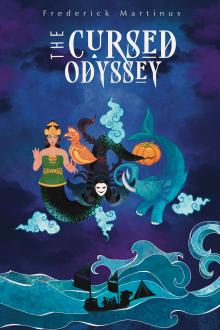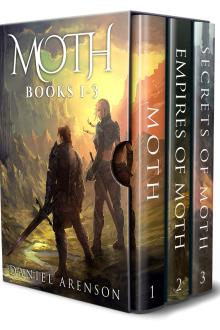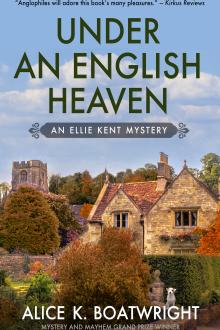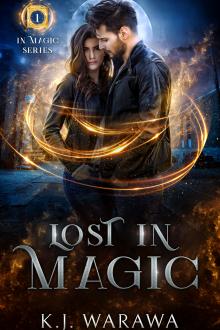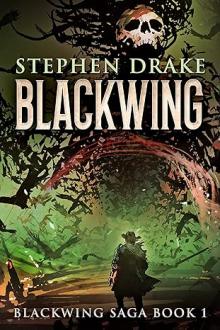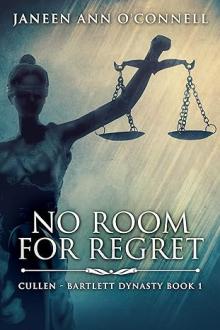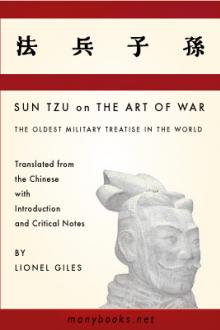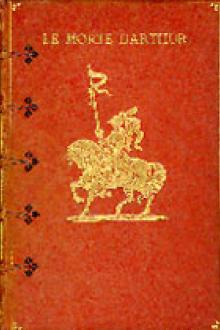Under King Constantine
Under King Constantine
The following tales, which have no legendary warrant, are supposed to belong to the time, lost in obscurity, immediately subsequent to King Arthur's death; when, says Malory, in the closing chapter of LA MORT D'ARTHURE, "Sir Constantine, which was Sir Cadors son of Cornwaile, was chosen king of England; and hee was a full noble knight, and worshipfully hee ruled this realme"
Book Excerpt
h the great King Arthur taught,--the man Is strongest who can claim a strength divine From whence to draw his own." Sir Torm had grown More wrathful in his heart at this, and kept Sanpeur long while from word with Gwendolaine. Then, when Torm's anger did not baffle her, Sometimes a doubt would come, and doubt hides joy. Sir Sanpeur honoured her before the court With chivalrous and frankest loyalty. At the great tournament of Christmas-tide, He cried, "Such peerless presence in our midst As the unrivalled Lady Gwendolaine Strengthens the arm to prove her without peer! Let him who will dispute it!" Those who did, But proved it by their fall, for worshipfully He overthrew them with so simple ease His cause seemed justice rather than love's boast. Then when they met for converse face to face, He spoke from his unsullied, fearless soul Straight to her own, without reserve or fear. Yet he was wrapped in a calm self-control; No word, no whisper of his love for her Had ever passed his lips to tell, in truth, The love
FREE EBOOKS AND DEALS
(view all)Popular books in Fiction and Literature, History, Poetry
Readers reviews
3.0
LoginSign up
Three stories written in the 1890s that take place around Camelot after Arthur has died, and Lancelot & Guinevere have disappeared. They're not bad, but they're not Malory (or even Tennyson.) The language is a mixture of modern writing with old-timey talk mushed together. It appears (from the capitalizations) to have been written in blank verse, but the line breaks have been obliterated.
It's a curiosity, like a mummy: the Victorians enjoyed them.
It's a curiosity, like a mummy: the Victorians enjoyed them.
- Upvote (0)
- Downvote (0)
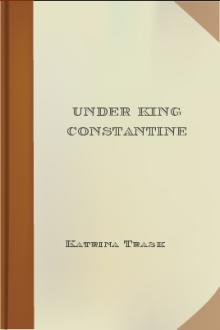
 Free Download
Free Download

